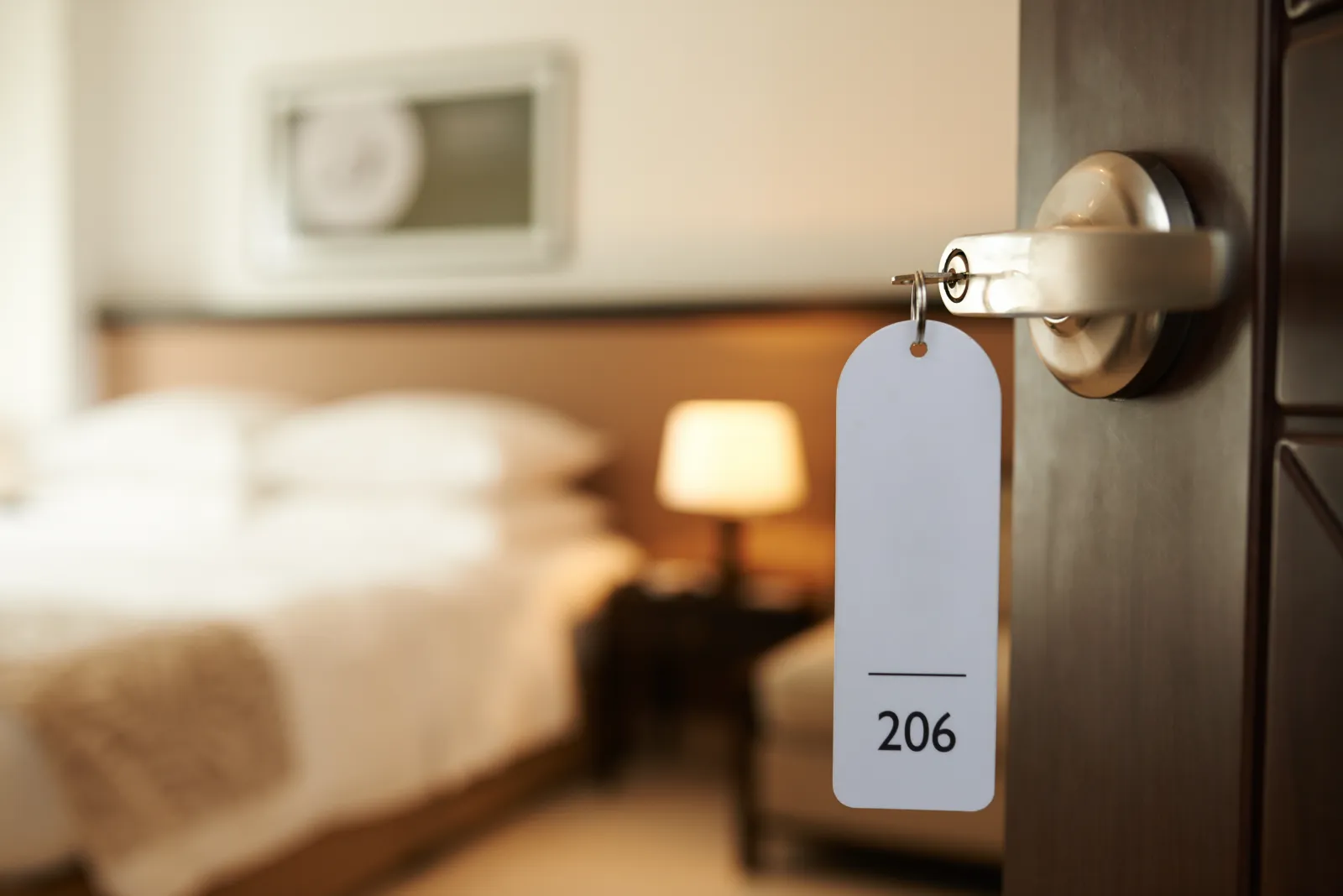
In early April, Omni Hotels & Resorts was hit by a significant cyber-attack, resulting in a total IT system shutdown and widespread operational disruptions. The company quickly isolated the issue by taking its network offline, a necessary step to secure data and mitigate further damage. Despite these efforts, the shutdown severely affected hotel operations, including reservation management, manual room access, and POS systems usage in restaurants and shops, with losses exceeding a million dollars. The incident is suspected to be a ransomware attack, drawing comparisons to a similar occurrence at MGM in Las Vegas.
The impact of such cyber-attacks extends beyond the immediate inconvenience to reveal the underlying risks to all connected devices. To safeguard against such threats, particularly when traveling, consider the following precautions:
- Avoid Public Wi-Fi: Steer clear of public Wi-Fi networks in hotels, cafes, and airports to prevent unauthorized access to your devices.
- Disable Auto-Connect: Turn off any auto-connect features on your devices to avoid inadvertently connecting to malicious networks.
- Use a Personal Hotspot: Opt for using your mobile phone's hotspot feature for a more secure connection, or contact your provider to enable this feature if unavailable.
For professionals and businesses with traveling employees, ensuring that all devices are equipped with robust cybersecurity tools is crucial. This proactive approach prevents the introduction of malware that could potentially cripple your operations.



